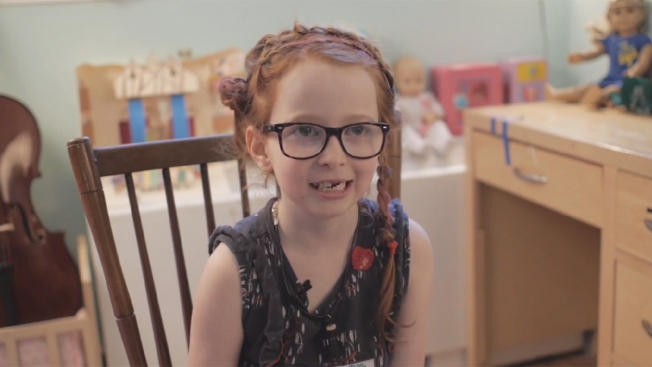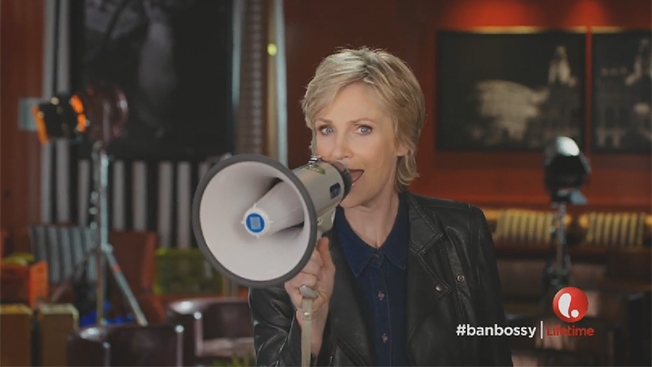How to Make ‘Ban Bossy’ Less Polarizing: Actually Ask Young Girls What They Think
Posted in: Uncategorized
Sheryl Sandberg's Ban Bossy campaign has sparked some interesting and often heated debate in recent weeks, practically swamping my Twitter feed with hashtags ranging from #bossy and #banbossy to #dontbanbossy and #banpeoplewhobanbossy.
Women's lifestyle site SheKnows, however, has found an interesting middle ground in the polarizing debate over whether the word "bossy" shouldn't be used to describe assertive girls. The site decided to simply ask young girls what they think "bossy" means and whether it's a good or bad word to use.
"We are inspired by Sheryl Sandberg's Ban Bossy mission to open up conversation with girls about their perceptions of leadership," says Samantha Skey at SheKnows. "This issue is endemic to SheKnows, which provides women with a platform where they can create and share content. While Sandberg's ad campaign has received criticism for banning the word 'bossy,' the SheKnows #BossyIs movement is picking up the torch to empower girls through frank discussion."
The resulting video captures what 9-year old girls think about the pros and cons of being "bossy." Their comments are particularly refreshing since all of the talk around this issue has been perpetuated by grown-ups.
One girl's comment does a great job summarizing both sides of the debate, in which Sandberg's critics say bossy behavior and leadership are too different to be lumped together: "People think that you're bossy, but you're actually just trying to lead … which can end up being bossy."
The interviews with the girls are—not surprisingly—a little more endearing than watching adults get hashtaggressive with each other on Facebook and Twitter.
![]()






